If you’ve watched RPGs develop over the last twenty years, it won’t have escaped your attention that the relationship dynamic has changed. Once studios moved away from creating adventuring parties filled with clichéd D&D classes and started developing them into more nuanced groups with thoughts, feelings and actual conversations, role-playing improved dramatically in almost every aspect. Except romance.
BioWare should be applauded for dragging CRPGs out of the wilderness in the late 90s, resulting in a thriving gaming genre which continues to innovate with each new release. But with Baldur’s Gate II they were also responsible for bringing relationship quests to western gamers. A well-meaning act, to be sure, but as we look at almost every similar party-based RPG since (and even some single-character series), a horrible picture becomes painfully apparent. Relationship quests have failed.
A Modest Beginning
In truth, it wasn’t the most auspicious of starts for romance. In Shadows of Amn if you played a male character, you were given the option of hitting on Aerie (an elf who would throw herself at you almost immediately), Viconia (an evil elf) or Jaheira (an elf who had literally just lost her husband in a horrible murder but, you know, romance). Female characters got one option: Anomen, a misogynist. Not the best way to represent a user base which — depending on the poll you consider — is either equal to or greater than the male base.
If you wanted to hook up with someone in your party, you needed to wait until they initialized a conversation with you, and then pick the “correct” response to continue to keep their attention. It might have taken a dozen or so interactions over the course of the game to fully complete the relationship quest (namely, get down and dirty), but that was the problem — the end goal wasn’t a relationship, just sex. You could argue that Jaheira’s sub-plot was slightly more rounded than that of the other two female characters, but only because she didn’t dump you after the deed was done.
There are two factors here that fundamentally destroys relationship quests: the writing, and the mechanic that delivers it.
What Makes A Relationship, Anyway?
When you program a relationship — for that is what any game developer is doing — you’re immediately restricting a player to whatever you believe that relationship should look and sound like. By their very nature, relationships are incredibly complicated connections. They rely not just on what is said, but what is not said. How people look at each other. The way they move. Their body language. These are all factors which a dialog-based role-playing game simply cannot emulate.
As such, the only tool available for the player to use in order to win over the object of their affection is words, spoken or written. And in every mainstream Western RPG to date, the only way that tool has been implemented is in the form of a selection of words or sentences, from which your response can be chosen.
Whether you believe that the romantic relationship is developing accurately is therefore entirely dependent on the quality of the writing that makes up each portion of the conversation — both what your prospective paramour says, and your response. Is it believable? Are the options open to you completely representative of what you would want to say, or happen?
The answer — regardless of the game you play — will always be no.
A Difference Of Opinion
The reason that this method of delivering relationships in games will never work is because they are condensed into a mechanic which is far too simplistic to be able to cope with their nuance. What works narratively for one gamer will seem laughable to a hundred others. There is simply no way of creating a relationship quest that everyone will find realistic, thus dooming its inclusion in a game immediately.
What these quests fail to consider — amongst many other things — is the effect that they have on characters not involved in that relationship. In earlier BioWare games you were either involved with a character or not, and the opinion of others in your party was rarely offered, if ever. If you started a romance with one character, you immediately cut off ties to every other potential partner.
Are relationships never acknowledged in real life by anyone mutually connected to the two people involved? Do people who are dating immediately commit themselves to the first person they are attracted to? Of course not, both of these scenarios would be ridiculous. Yet, here it is in digital form, and gamers are expected to swallow it as a real representation of life? Come on.
In addition, the balance of sexuality was also dubiously weighted. Take Mass Effect for example — in the first two games, female protagonists were able to romance both male and female partners, whilst male protagonists were offered strictly heterosexual relationships. It almost seemed as though the games were catering for the stereotypical adolescent male gamer, failing to accurately represent societal progression and acceptance. You could almost hear the drooling masses salivate about the prospect of seeing digital girl-on-girl fun times. Yet the awkwardly rendered scenes that depicted almost every coupling (and which game artists still haven’t resolved) make it a hollow experience, regardless of the genders involved.
From the Mass Effect imbalance we moved to the extreme opposite in Dragon Age — especially in the second game, where over half of the recruitable characters were bisexual and able to be romanced by either gender. It felt like overkill in the other direction, as if BioWare had decided that sexuality itself was the problem with relationship quests, rather than the way in which relationships themselves were portrayed.
Other RPGs fare no better in this regard. The Witcher was notorious for giving Geralt a series of ladies to bonk his way through, and the mechanic of offering gifts (also used in Dragon Age 2) came across as a little tawdry. The po-faced nature of the scenes in CD Projekt Red’s offering stood in stark contrast to games which lampooned the very idea — like the Fable series. Partners were simply window dressing, as superficial and gratuitous as every third scene in an episode of Spartacus.
But What Have You Achieved?
Even if the way romantic relationships were approached and developed in games was represented in a realistic manner, they would still fail. Why? Because in pretty much every respect, they have been reduced to a mere facet of the game rather than an essential and pivotal part of the story. To return to Mass Effect again: your relationship reaches its climax when you do. Literally. The entire purpose of this quest is to get your target into bed, regardless of what superfluous dialog surrounded that escapade. After that? Meh. Don’t worry about it — we’ll just repeat the same thing for the next two games. Oh, and if you happen to have the same player character on your team in the next game, forget any meaningful carry-over of romance. It just gets reset, and you have to woo them all over again.
It reduces the relationship to the equivalent of a trophy — another step towards platinum status where you can congratulate yourself on achieving… what, exactly? The plot hasn’t been altered in any significant manner. There’s no mention of you not wanting your significant other not to get involved in the forthcoming war because you don’t want them to get hurt. There’s no remark about your future plans together once you’ve killed whatever Big Bad is currently threatening the world. It’s a superficial side quest, nothing more, and treating it as such undermines the entire purpose of including it in the first place.
Maybe the sands have shifted in that direction after a failed couple of decades of experimentation in the arena. Both Pillars of Eternity and Tyranny jettisoned relationships of this kind altogether, and their absence certainly didn’t hurt either game. Similarly, the forthcoming Torment: Tides of Numenera will also be steering clear of them.
And until romantic relationships can be represented in a realistic manner in RPGs, they’re frankly better off without them.

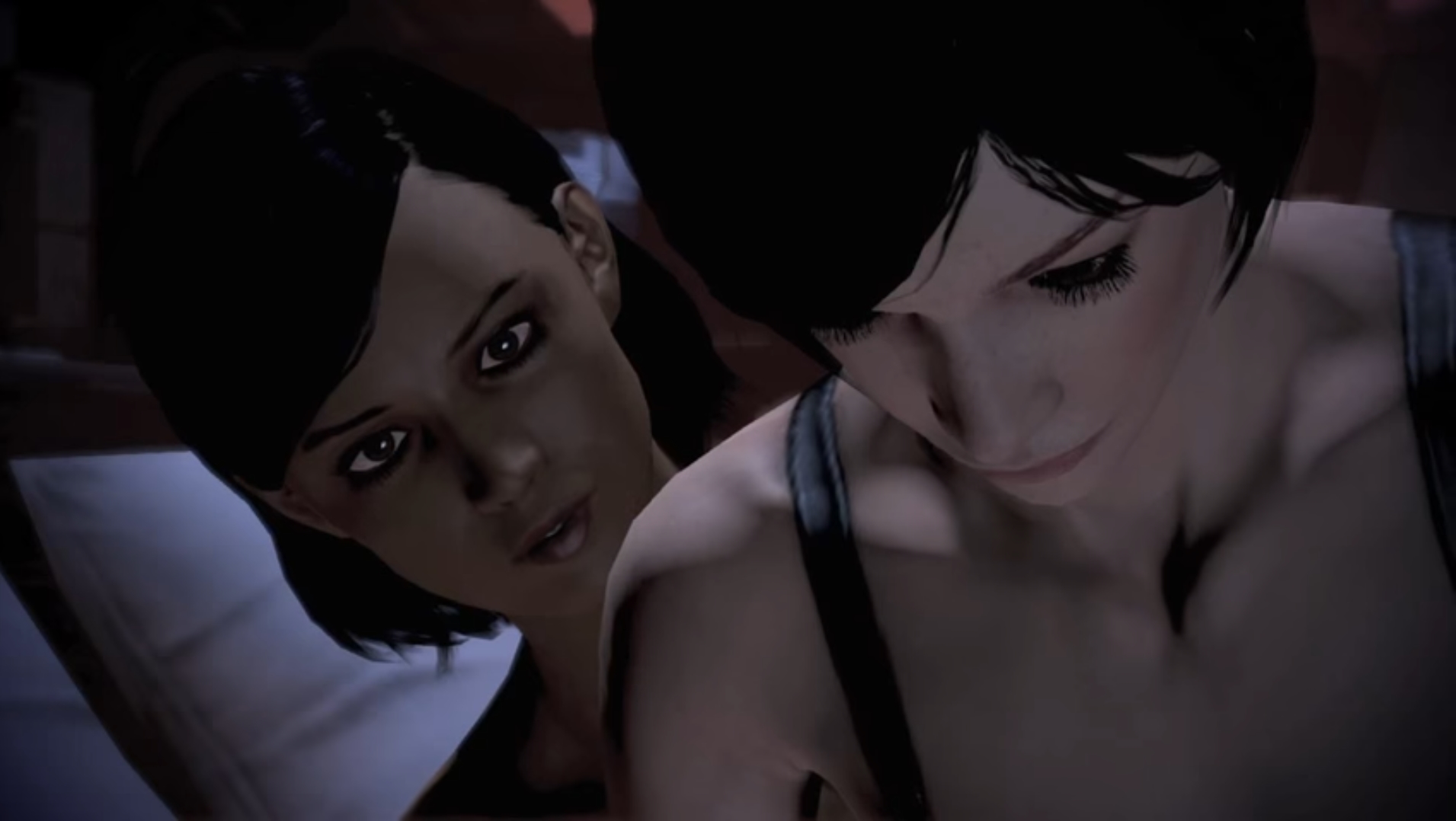
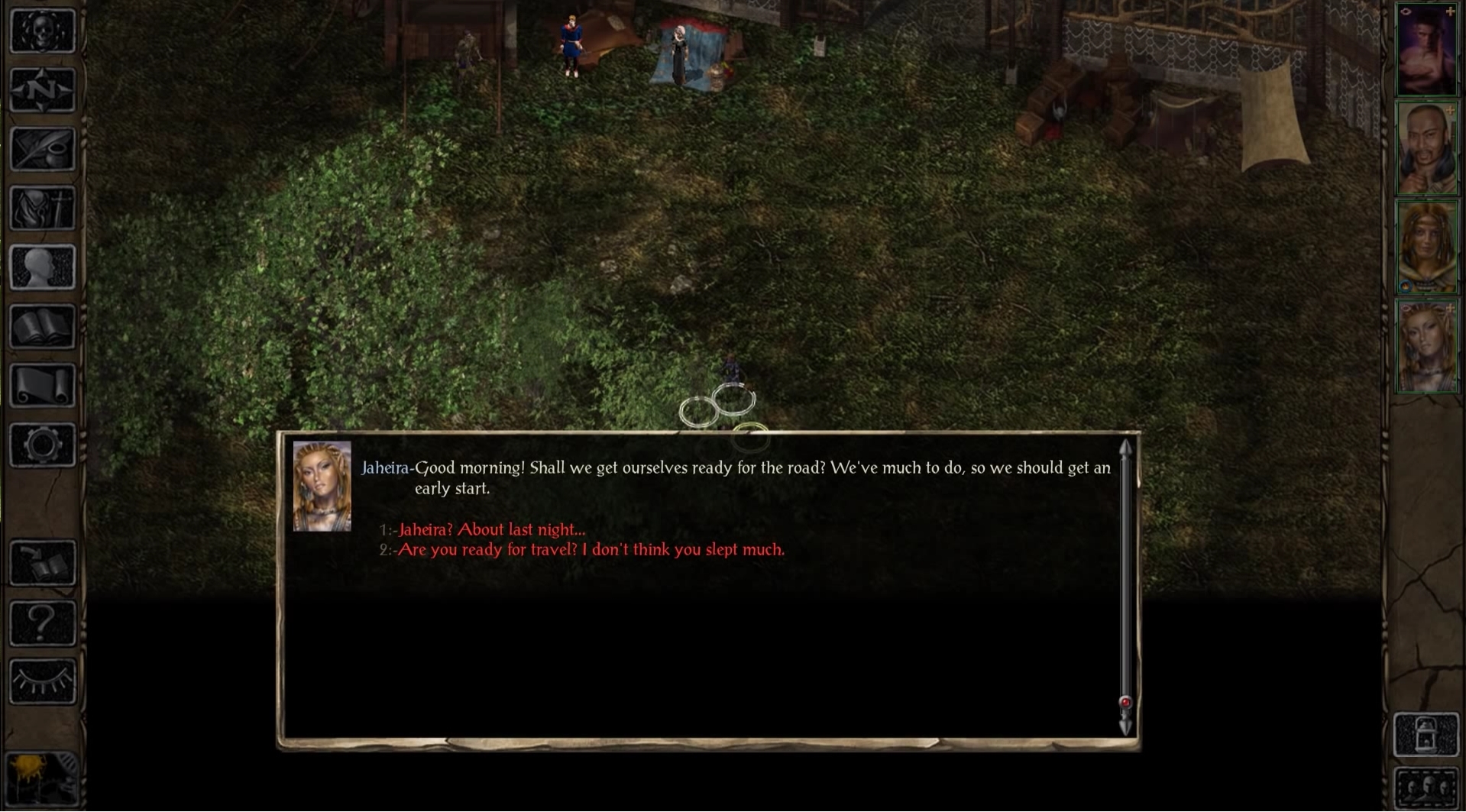
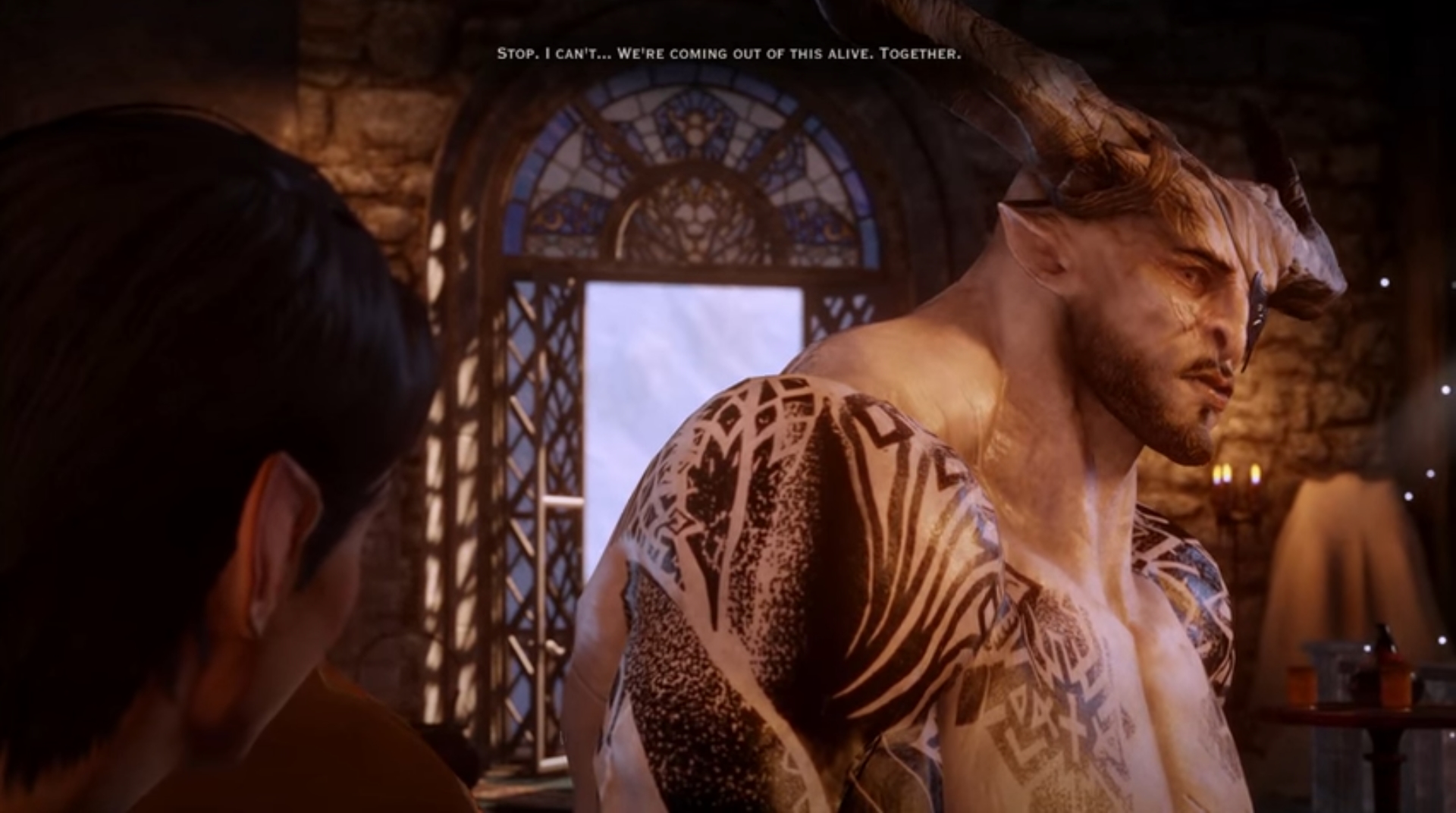

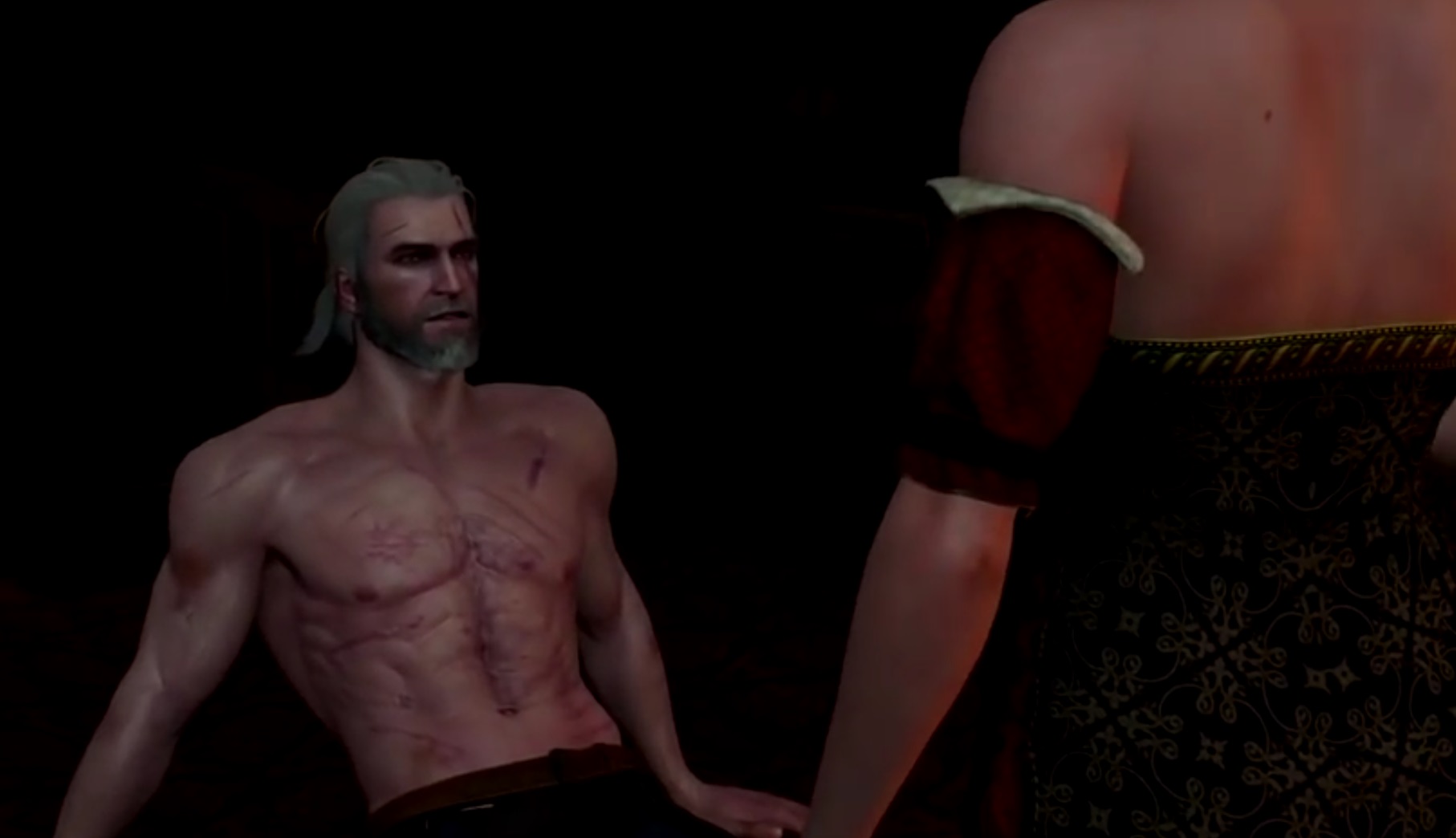





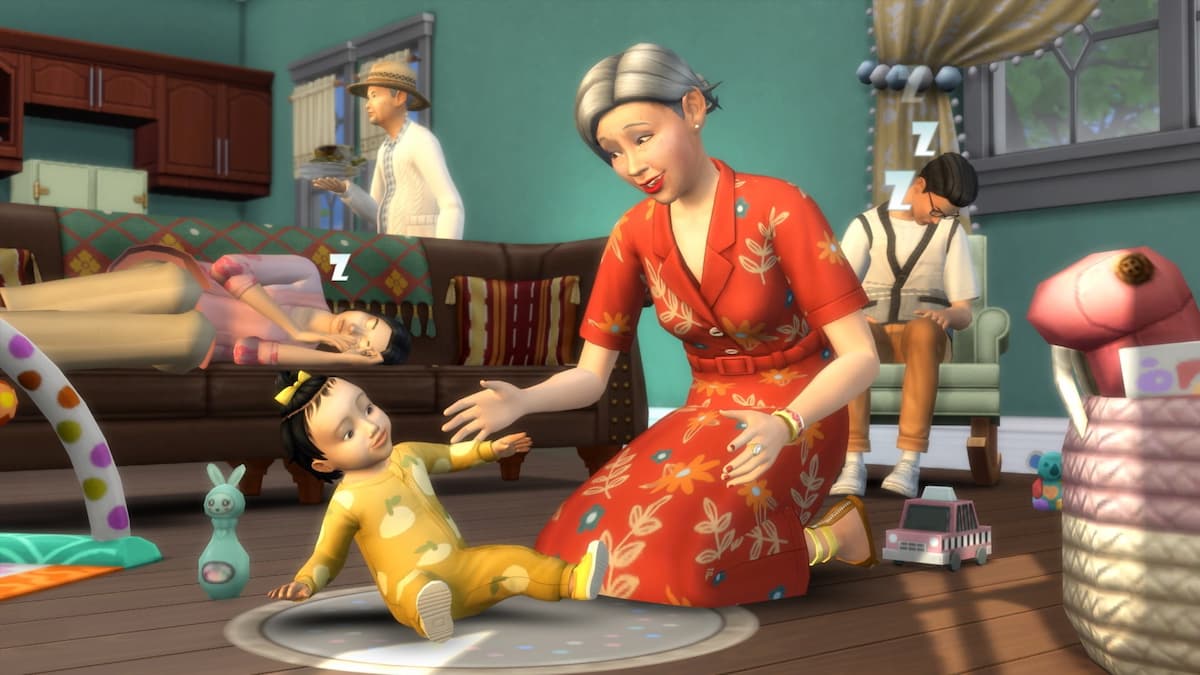
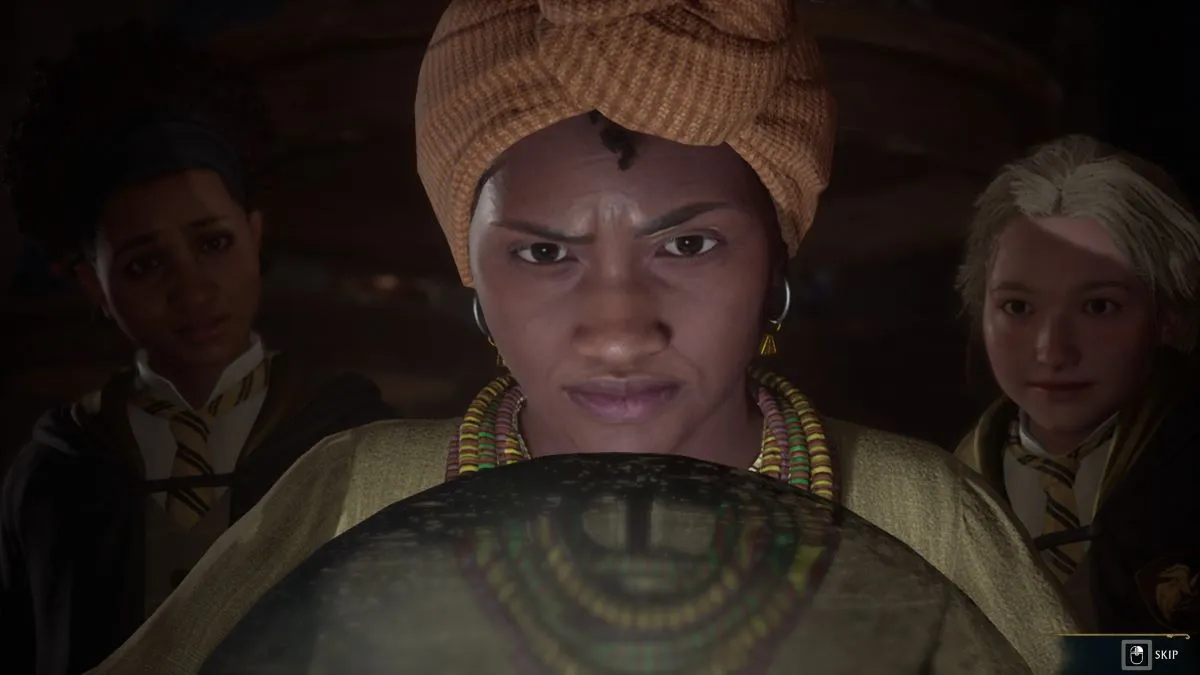
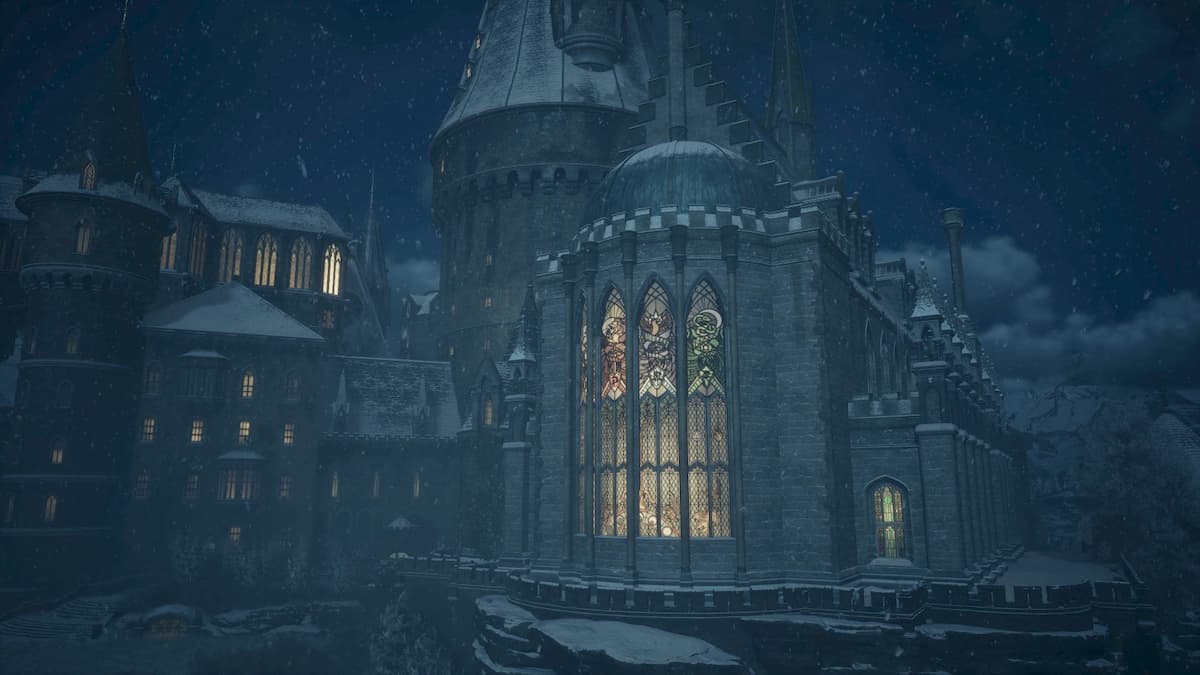
Published: Feb 13, 2017 07:06 am